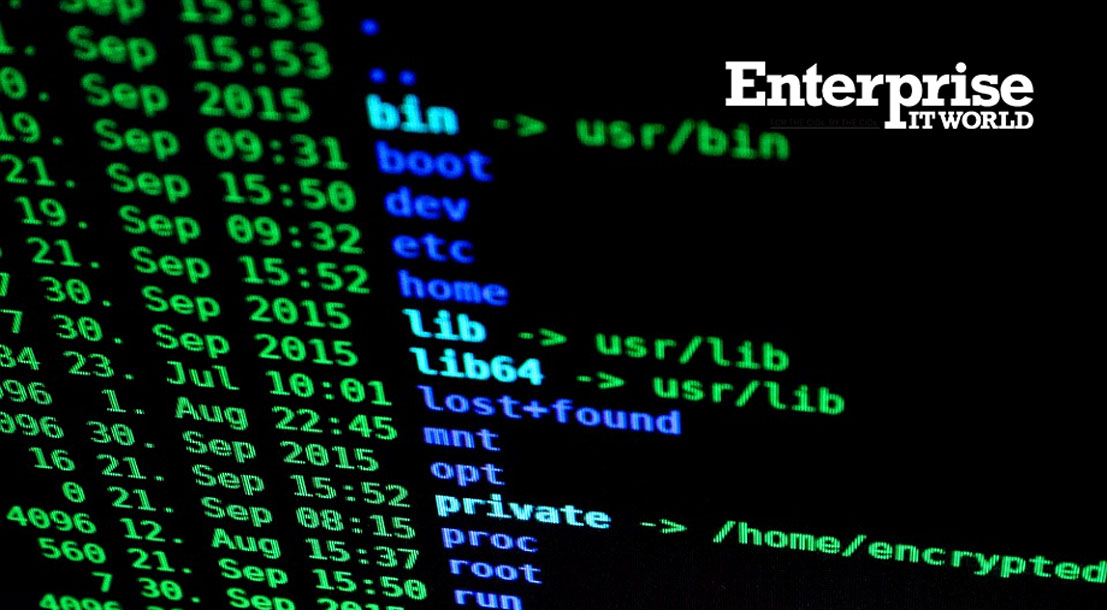Companies globally could incur US$5.2 trillion in additional costs and lost revenue over the next five years due to cyberattacks, as dependency on complex internet-enabled business models outpaces the ability to introduce adequate safeguards that protect critical assets, according to a new report from Accenture.
Based on a survey of more than 1,700 CEOs and other C-suite executives around the globe including 100 respondents from large enterprises in India, the report —Securing the Digital Economy: Reinventing the Internet for Trust — explores the complexities of the internet-related challenges facing business and outlines imperatives for the CEO’s evolving role in technology, business architecture and governance.
The report notes that cybercrime from a wide range of malicious activities poses significant challenges that can threaten business operations, innovation and growth, and the expansion into new products and services, ultimately costing companies trillions of dollars. The high-tech industry faces the highest risk, with more than US$753 billion hanging in the balance, followed by the life sciences and automotive industries, with US$642 billion and US$505 billion at risk, respectively.

Internet security is lagging behind the sophistication of cybercriminals, leading to an erosion of trust in the digital economy. Businesses need to drive industry wide collaboration to improve governance; fine tune their own business architecture including internal and external processes; and embrace technologies that enhance digital safety. It’s a complex problem to solve, but inaction is not an option. Lack of trust can weigh heavily on the bottom line ”
Anindya Basu, Geographic Unit and Country Senior Managing Director, Accenture in India.
77 percent Indian respondents believe that the advancement of the digital economy will be severely hindered unless there is dramatic improvement to internet security, and more than half (59 percent) of respondents said they are concerned that the internet is getting increasingly unstable from a cybersecurity standpoint and they are unsure how to react.
At the same time, 64 percent of Indian respondents believe that addressing cybersecurity challenges will require an organized group effort, as no single organization can solve the challenge on its own. With heightened concerns about internet security, seven out of 10 (69 percent) of executives would also welcome stricter business regulations imposed by a central organization or governing body.
The rapid emergence of new technologies is creating additional challenges, 82 percent of Indian respondents admit that their organization is adopting new and emerging technologies faster than they can address related cybersecurity issues, with two-thirds (68 percent) noting that cybersecurity issues have escaped their control due to new technologies such as the internet of things (IoT) and the industrial internet of things (IIoT). A majority (81 percent) also said protecting their companies from weaknesses in third parties is increasingly difficult, which isn’t surprising given the complexity of today’s sprawling internet ecosystems.




